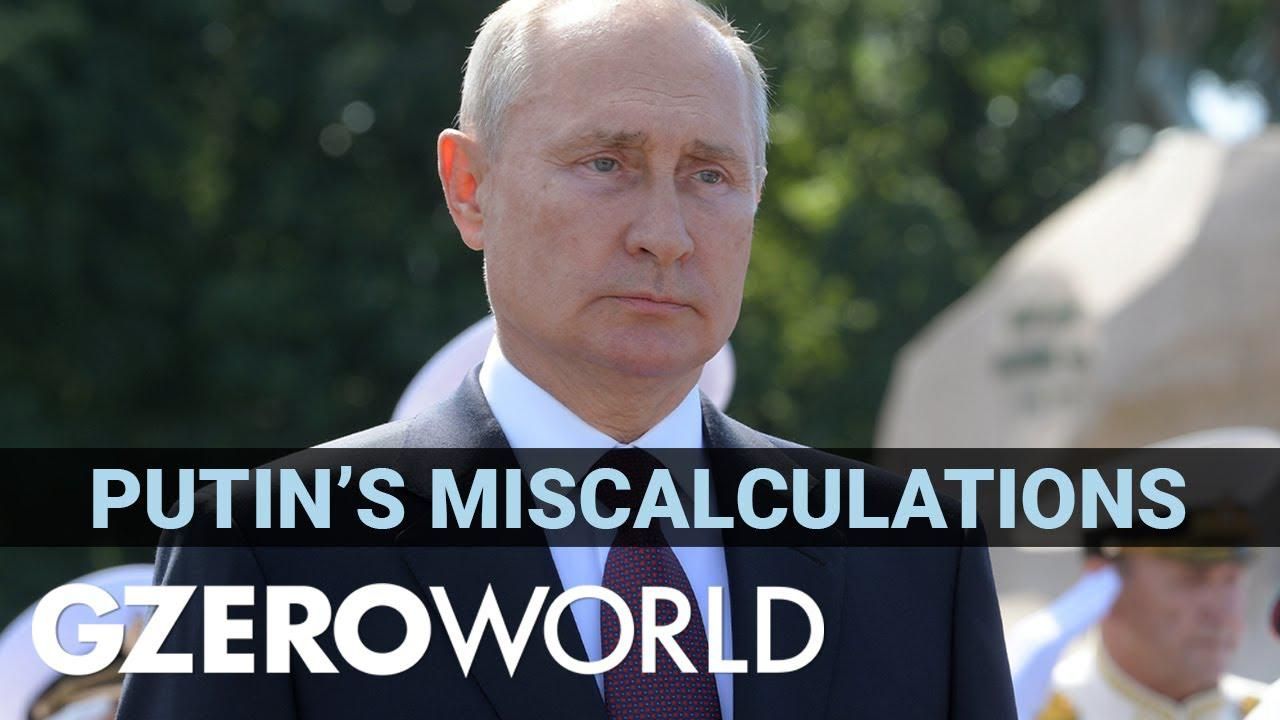GZERO World Clips
Putin miscalculated on Ukraine, misled by post-Cold War worldview, says Ivan Krastev

Putin Miscalculated on Ukraine | Misled By Post-Cold War Worldview, Says Ivan Krastev | GZERO World

For political scientist Ivan Krastev, Vladimir Putin miscalculated in Ukraine — but in a much deeper way than how the invasion is playing out so far.
Why? Krastev offers three explanations in an interview with Ian Bremmer on GZERO World.
First, Putin never accepted that the Soviet Union collapsed because communism did.
Second, he thought the West is in such decline that he'd get away with it.
Third, Putin wants to fix all Russia's problems in his lifetime.
So, how does the Russian leader feel about the war so far? Krastev believes he's definitely not happy with what's going on on the ground, but views himself fighting a longer and more consequential battle with the West.
Watch the GZERO World episode: How Putin created Ukraine’s determination to resist
In this Quick Take, Ian Bremmer addresses the killing of Alex Pretti at a protest in Minneapolis, calling it “a tipping point” in America’s increasingly volatile politics.
Who decides the boundaries for artificial intelligence, and how do governments ensure public trust? Speaking at the 2026 World Economic Forum in Davos, Arancha González Laya, Dean of the Paris School of International Affairs and former Foreign Minister of Spain, emphasized the importance of clear regulations to maintain trust in technology.
Will AI change the balance of power in the world? At the 2026 World Economic Forum in Davos, Ian Bremmer addresses how artificial intelligence could redefine global politics, human behavior, and societal stability.
Ian Bremmer sits down with Finland’s President Alexander Stubb and the IMF’s Kristalina Georgieva on the sidelines of the World Economic Forum to discuss President Trump’s Greenland threats, the state of the global economy, and the future of the transatlantic relationship.